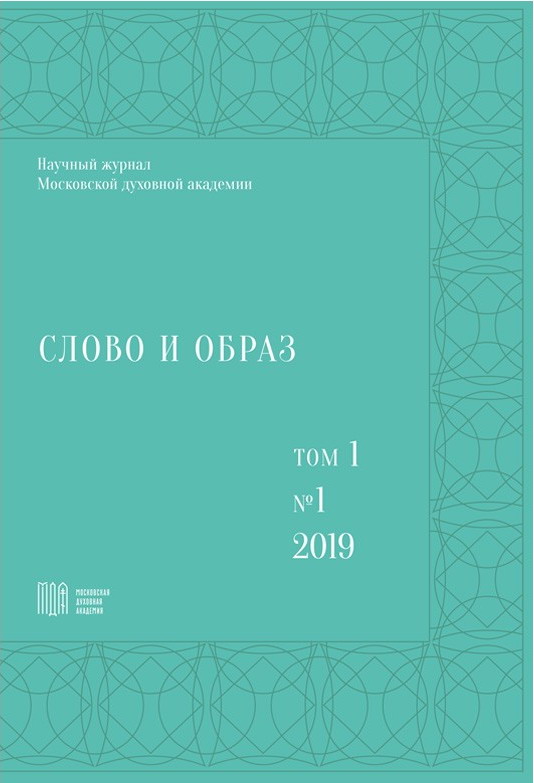Spiritual and Religious Aspects of the Semantics of the Open Ending (On the Material of Works by F. M. Dostoevsky and C. S. Lewis)
DOI:
https://doi.org/10.31802/%20WI.2024.10.1.007Keywords:
open ending, composition, epilogue, the role of the author, hero, reader, F. M. Dostoevsky, «Crime and Punishment», C. S. Lewis, «Till we have faces»Abstract
The article considers an axiological approach to the study of a literary work. Such an approach has the purpose of discovering the connections between the poetics of a literary text and the moral values that can be found inside the world which was created by the author. The subject of the study is the phenomenon of the open ending in the novels of F. M. Dostoevsky. Observations on the plot of the novel «Crime and Punishment» show how the author consciously renounces the role of an omniscient Creator, leaving more room for the action of the Spirit in the fictional world of the book. It is manifested in the fact that the moment of revelation, after which there is a radical change in the life of the main character, remains a mystery that the author does not undertake to describe. The use of an open ending also allows you to create a hero endowed with an immortal soul and free will, since every «last word» about him goes beyond the inner space of the work of art in which the hero is located and is either the voice of the author or the voice of some Higher Power that judges the hero and is transmitted by the same author. The closed finale of the latter type is typical for the works of C. S. Lewis. The analysis of the composition and architectonics of the novels by F. M. Dostoevsky and C. S. Lewis allows us to make conclusions about the structural and ideological-problematic specifics of the open ending in a novel.
Downloads
References
Достоевский Ф. М. Бедные люди. М.: Время, 2023.
Достоевский Ф. М. Записки из подполья. М.: АСТ, 2016.
Достоевский Ф. М. Подросток. М.: АСТ, 2022.
Достоевский Ф. М. Преступление и наказание. М.: Стрекоза, 2018.
Льюис К. С. Пока мы лиц не обрели. М.: Художественная литература, 2022.
Льюис К. С. Хроники Нарнии. М.: Эксмо, 2017.
Толстой Л. Н. Собрание сочинений в 22 тт. М.: Художественная литература, 1979. Т. 7.
Аристотель. Поэтика. М.: Мысль,1983.
Бахтин М. М. Автор и герой в эстетической деятельности. М.: Русские словари, 2003.
Игнатий Брянчанинов, свт. Полное собрание творений и писем: в 8 т. М.: Паломникъ, 2011.
Лотман Ю. М. Структура художественного текста. М.: Искусство, 1970.
Матюшкин А. В. Проблемы интерпретации литературного художественного текста. Петрозаводск: Издательство КГПУ, 2007.
Платон. Государство. М.: Академический проект, 2015.
Шкловский В. В. За и против. Заметки о Достоевском. М.: Советский писатель, 1957.
Кожевникова В. М., Николаева П. А. Литературный энциклопедический словарь. М.: Советская энциклопедия, 1987.
Downloads
Published
How to Cite
Issue
Section
License

This work is licensed under a Creative Commons Attribution-ShareAlike 4.0 International License.





